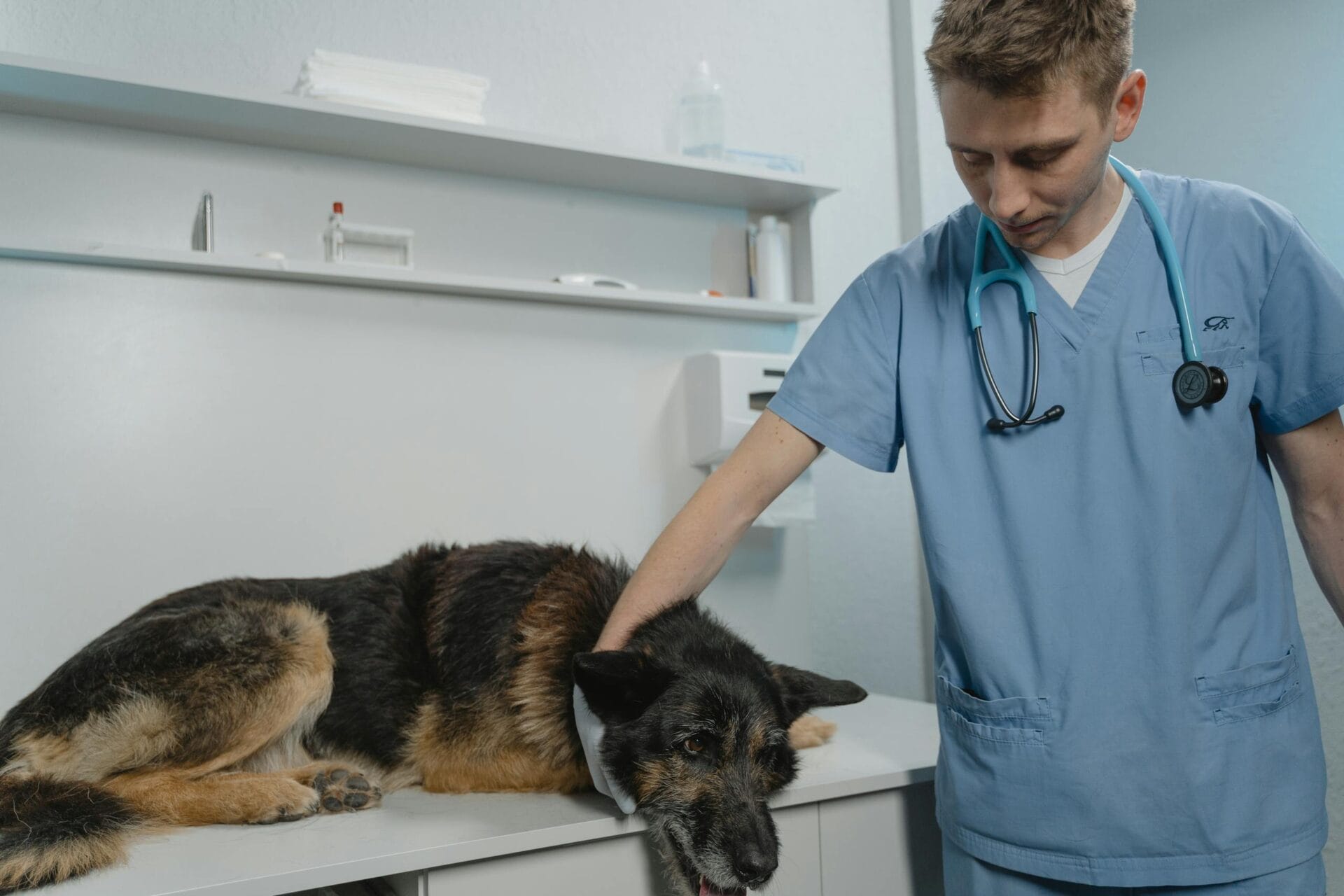Best Practices for Waste Management in Veterinary Clinics
Veterinary clinics prioritize the safety of both animals and staff. You can reduce biohazard risks and maintain a hygienic and compliant facility through proper veterinary waste management.
Here are key strategies and best practices to effectively manage veterinary waste and protect everyone in your care.
Understanding the Different Types of Veterinary Waste
Different wastes require different disposal methods. So, understanding the types of waste your clinic generates is essential to managing it properly.
Common types of veterinary waste include:
- Sharps waste: Needles, syringes, scalpel blades, and other sharp objects that can cause injury and transmit diseases. These need to be disposed of in puncture-resistant containers.
- Biohazardous waste: Materials contaminated with animal bodily fluids, such as blood-soaked bandages, gloves, and used surgical instruments. These need to be handled carefully to avoid infection.
- Pharmaceutical waste: Expired or unused medications that need safe disposal to prevent misuse.
- Pathological waste: Tissues, organs, and body parts removed during surgeries or necropsies. These often require incineration.
- Chemical waste: Cleaning agents, disinfectants, and other chemicals (used in procedures) that are toxic or harmful to the environment.
By understanding these waste types, you can implement proper disposal methods and ensure safety in your clinic.
Practice Waste Segregation and Safe Disposal
Proper waste segregation minimizes the risk of exposure to hazardous materials and ensures that each type of waste is disposed of safely. Here’s how to manage your clinic’s waste efficiently:
- Use color-coded containers: Assign specific colors to different waste types, such as red for sharps, yellow for biohazardous waste, and blue for recyclables. This helps your team easily identify the right disposal container.
- Sharps disposal: Sharps should always be disposed of in puncture-resistant, leak-proof containers. These should be placed in accessible areas like exam rooms and surgical suites.
- Proper labeling: Ensure that all containers are clearly labeled with their contents. This ensures compliance and prevents mistakes when handling waste.
Following these practices helps reduce contamination and ensures that waste is disposed of properly.
Train Staff for Waste Management
Proper staff training is key to maintaining waste disposal safety. Educating your team on how to handle waste will reduce errors and prevent exposure to hazardous materials.
Focus on the following during training:
- Correct waste segregation: Teach staff how to properly segregate sharps, biohazardous materials, pharmaceuticals, and other waste types. It reduces the risk of contamination and simplifies disposal.
- Use of personal protective equipment (PPE): Ensure staff are trained in when and how to use PPE, such as gloves, gowns, and masks. PPE protects staff from exposure to hazardous materials.
- Spill response: Accidents happen, so staff should know how to contain and clean up spills safely. Having a clear procedure in place can help prevent exposure and injury.
Training staff in these procedures ensures they know how to manage waste efficiently and safely.
Partner with a Licensed Waste Disposal Service
Partnering with a reliable and licensed waste disposal company is essential for staying compliant and ensuring waste is handled safely. Here’s what to look for:
- License and compliance: Ensure the company is licensed to handle veterinary waste and follows all local, state, and federal regulations. This ensures proper disposal practices.
- Timely pickups: Work with a company that provides timely waste pickups based on your clinic’s needs. Regular pickups help prevent waste from accumulating and reduce the risk of contamination.
- Emergency services: Choose a company that offers emergency services in case of spills or other urgent disposal needs. Quick responses can help minimize risks.
Conduct Regular Audits and Monitoring
Regular audits are essential to maintaining a safe and compliant waste management system. Monitoring your waste disposal practices ensures that you stay on track and identify areas for improvement.
Here’s how to monitor your system:
- Track waste generation: Keep records of the types and amounts of waste your clinic generates. It helps you identify trends and adjust waste management practices.
- Review costs: Periodically assess your waste disposal costs to ensure they align with industry standards. If costs are rising, consider evaluating your current processes or finding a more cost-effective disposal provider.
- Stay informed: Medical waste regulations can change over time. Stay informed about new requirements to ensure compliance.
Regular audits ensure that your clinic remains compliant and efficient in its waste management practices.
By adhering to these best practices, your clinic can run efficiently, comply with regulations, and maintain a safe and hygienic environment for both animals and staff. For more information on waste management, contact Medsharps.











